The South is steeped in history and blood; home to the battlefields where the American Revolution was won by Southerners fighting Red-coats, and where the War for Southern Independence was lost by gray-coated Southerners fighting blue-coated Yankees.
The South is where folks ask you, Whore your people? in search of common ancestral ground.
New England has recognizable geographic boundaries, but I doubt that a fisherman in Portland, Maine, thinks he has much in common with a banker in Boston, Massachusetts. But a banker from Birmingham, Alabama, lost on a blue highway in the mountains of North Carolina can stop at a general store and feel right at home. Thats because the big-city banker and the rural Tar Heel behind the counter can tell by each others accents that they share a common ancestry. They are both Southerners; no matter how distant the relationship, they consider themselves kinfolk.
Guess what?

The South has become
the preeminent region of the nation, outstripping everywhere else in population and economic growth.

There is an open, not-at-all-secret conspiracy to erase Dixie and all vestiges of the Old South from public memory.

The South
is different from every other region of the nation. And most of us dont want to change it.
Yankees might not be from around here, but most Southerners are tolerant folk, and well welcome them with open arms. I did. I married one from Wisconnnnnnnnsin (the way it sounded and still sounds to my Florida-born ears). It was the first time anyone in my family had married outside our region in more than 350 years.
But even when trying to fit in with a Southern community, Northern transplants dont always understand what deep-rooted Dixie natives know intuitively: the South is different from every other region of the nation. We know it. We are proud of it. And most of us dont want to change it. Some of us will fight to keep it from changing.
It is different in the South because we lost a war here. More than 260,000 Southern lives and 360,000 Northern lives, the best of the generation born between 1830 and 1845, were lost. Aside from the deaths, virtually everything of value in the Southfarmsteads, crops, livestock, cities, and cash moneywas destroyed.
For the surviving Southerners, there was the pain of humiliation. For a decade after the war, the vanquished were given precise instructions by the victors as to what they could not do. The vanquished couldnt vote, couldnt protest the occupation, couldnt erect monuments to their war dead, couldnt even wear military-looking brass buttons on their civilian coats. Pride of service and pride of place were denied Southerners as a condition of losing the war.
When the decade called Reconstruction was over, the South underwent another hundred years of unofficial reconstructing. It wasnt until the 1970s that the South finally, shakily reemerged on the national scene as a region the rest of the country would have to reckon with.
Now, more than thirty years later, the South has become the preeminent region of the nation, outstripping everywhere else in population and economic growth as Northerners grow tired of big cities, big taxes, big weather, and big politicians. Even though chamber of commerce types have grafted Arizona, Nevada, and New Mexico onto our western border so they can dub the region the Sun Belt, Southerners know what makes up the South, and areas west of Texas and north of Kentucky, Missouri, and Maryland aint it.
We natives dont mind the increasing population in our region as much as we mind what is being done to the South to make everyone feel included.
There is an open, not-at-all-secret conspiracy to erase Dixie and all vestiges of the Old South from public memory. The goal is to take away the Souths distinctiveness, to make it a plain, homogenized version of most everywhere else in the nation with no interesting accents, no rebellious history, no cultural heritage. The South will end up covered with strip malls and fast-food joints, where the people meekly do what they are told by politicians and businesspeople who have no social, historical, or family ties to the people living here. If the leaders and followers of this movement succeed, the South will one day be no more a distinctive region than the amorphously named Midwest.
Southerners are religious, and honoring our ancestors, our sacred dead, is a duty. But today every single Confederate symbollocated in and out of the Southis under attack: battle flags, soldier statues, streets and public parks named after Confederate soldiers, even tunes like Dixie. The most visible of these symbols, the Confederate battle flag, is already gone from public view. The next target will be memory itself. Even thinking fondly of the Confederacy has become suspect. The opening paragraph of a January 19, 2006, editorial in the Dallas Morning News declared that a state holiday designated as Confederate Heroes Day (January 19, Robert E. Lees birthday) was silly.
What is most troubling is that much of this hate the South movement is homegrown. That editorial could have appeared in any of the newspapers in any of the states that once made up the Confederacy. Virtually all of the Souths newspaper editorial writers and the regions government officials favor erasing Southern history to salve the feelings of anyone who might be offendedand because they think its good for the business climate because it removes controversy.
But it also removes our history, our heritage, and a true understanding of what our history and heritage are, not only as Southerners, but as Americans.
The Politically Incorrect Guide to the South is here to even the score. It tells the truth about the South, its history, and what makes it great. This wont be a selective historyno defenses will be offered for slavery, segregation, or racial discriminationbut it will give the other side of the story too.
Its a side I know not only from study, but from personal experience. I was raised on a cattle and orange farm in pre-Disneyfied Florida in an unincorporated community called Fish Branch (named after a creek that feeds into the Peace River) in rural Hardee County. As a toddler, I rode on the laps of black farm workers, laughing as they sang to me, while my mother drove them back to town. As a boy I worked beside them in my fathers fields.


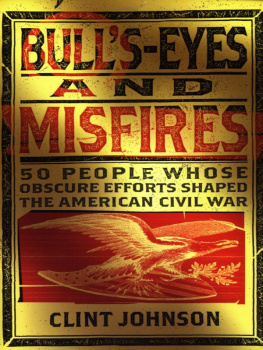
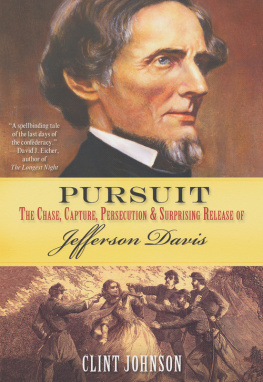
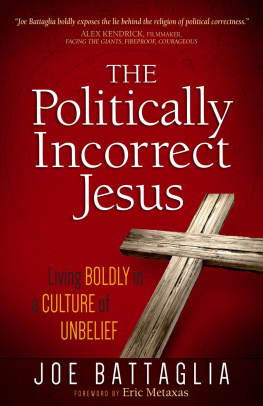





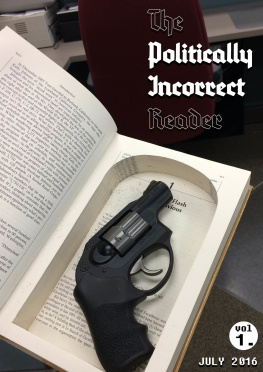
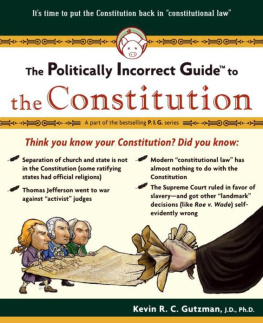
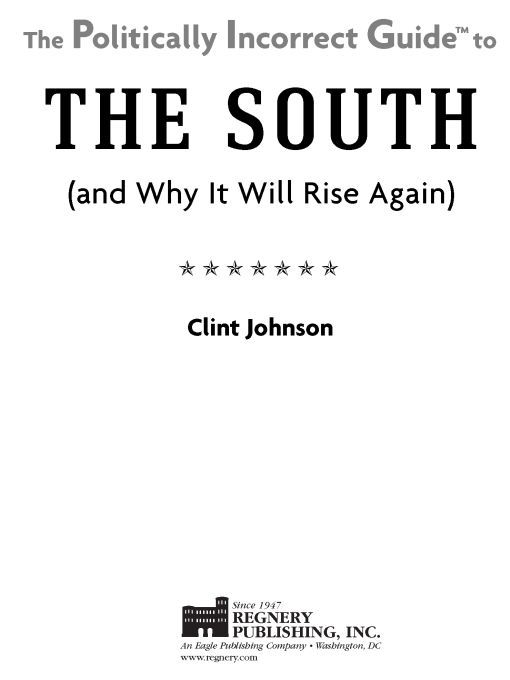
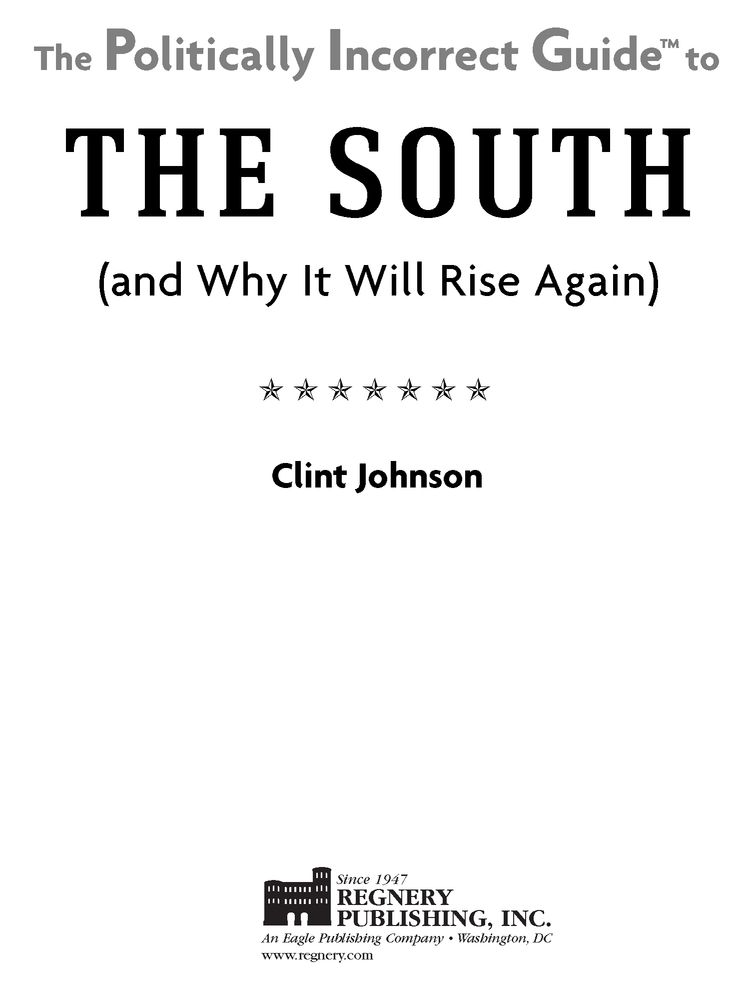


 The South has become the preeminent region of the nation, outstripping everywhere else in population and economic growth.
The South has become the preeminent region of the nation, outstripping everywhere else in population and economic growth. There is an open, not-at-all-secret conspiracy to erase Dixie and all vestiges of the Old South from public memory.
There is an open, not-at-all-secret conspiracy to erase Dixie and all vestiges of the Old South from public memory. The South is different from every other region of the nation. And most of us dont want to change it.
The South is different from every other region of the nation. And most of us dont want to change it.